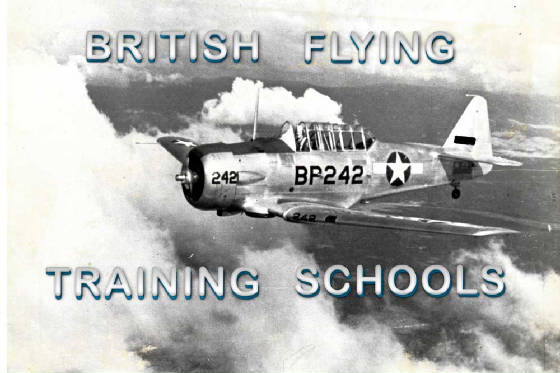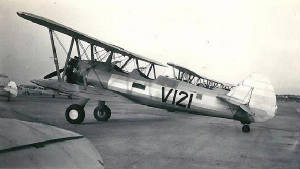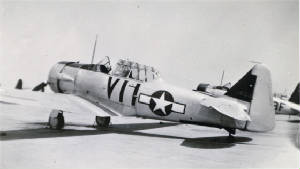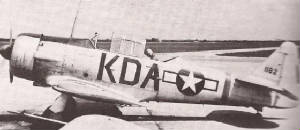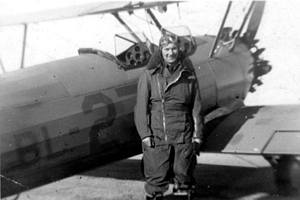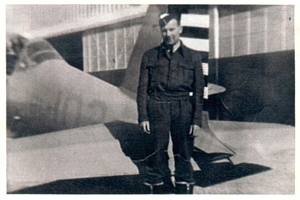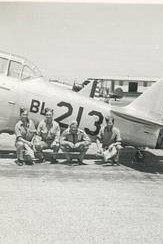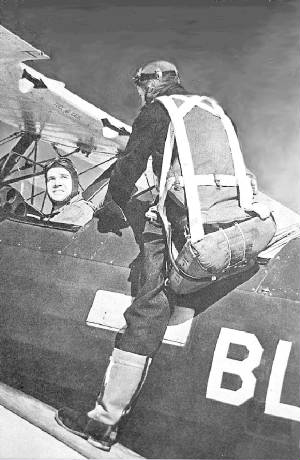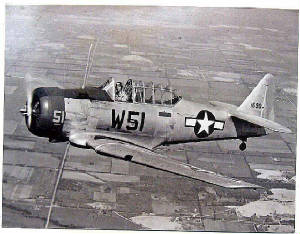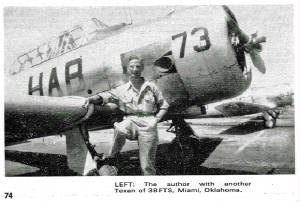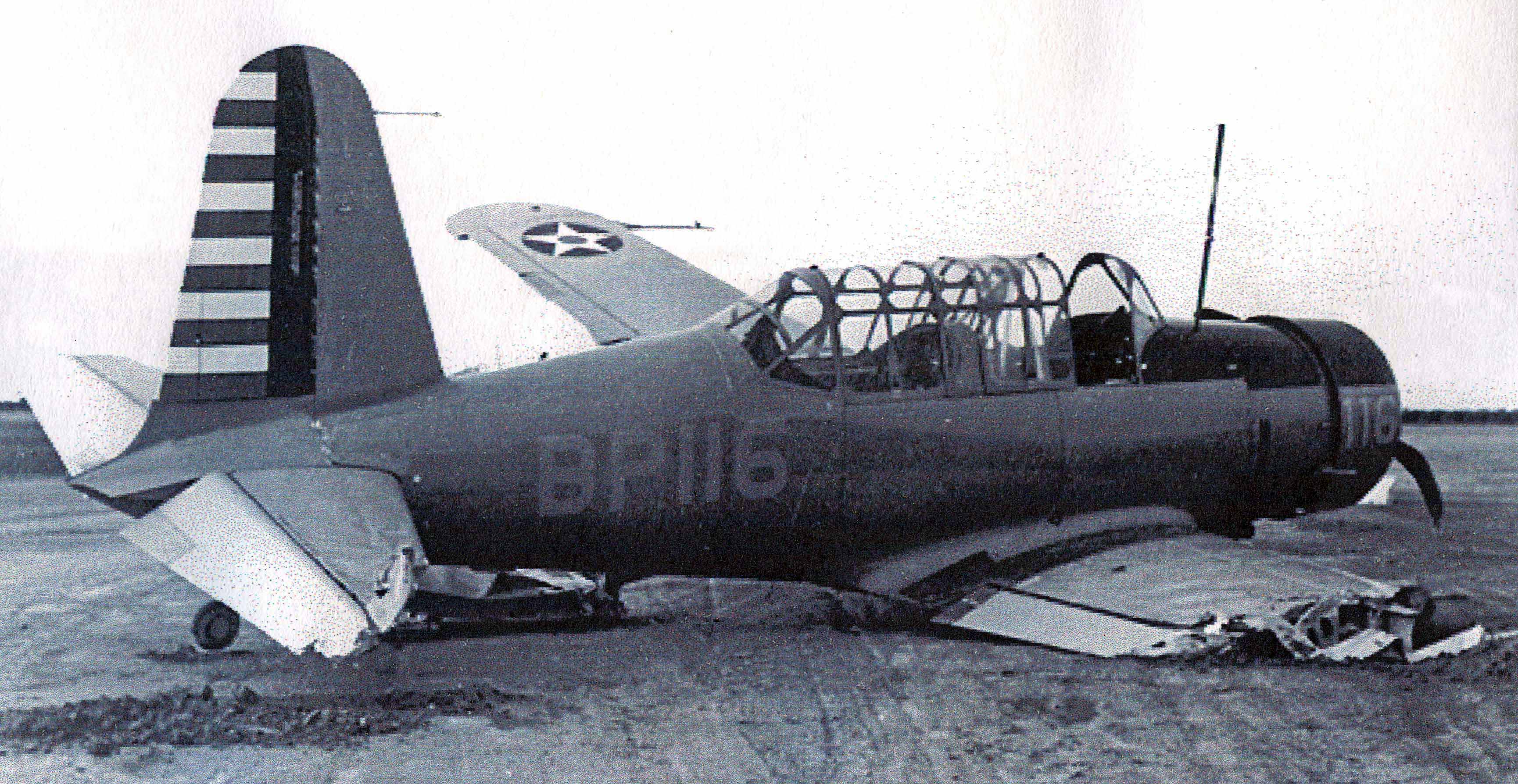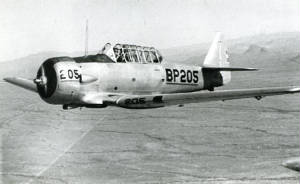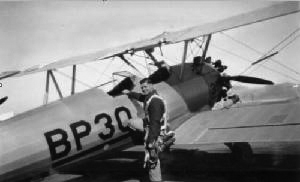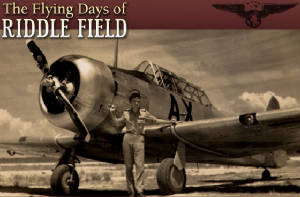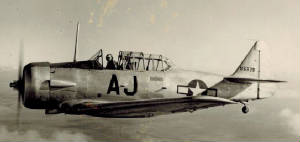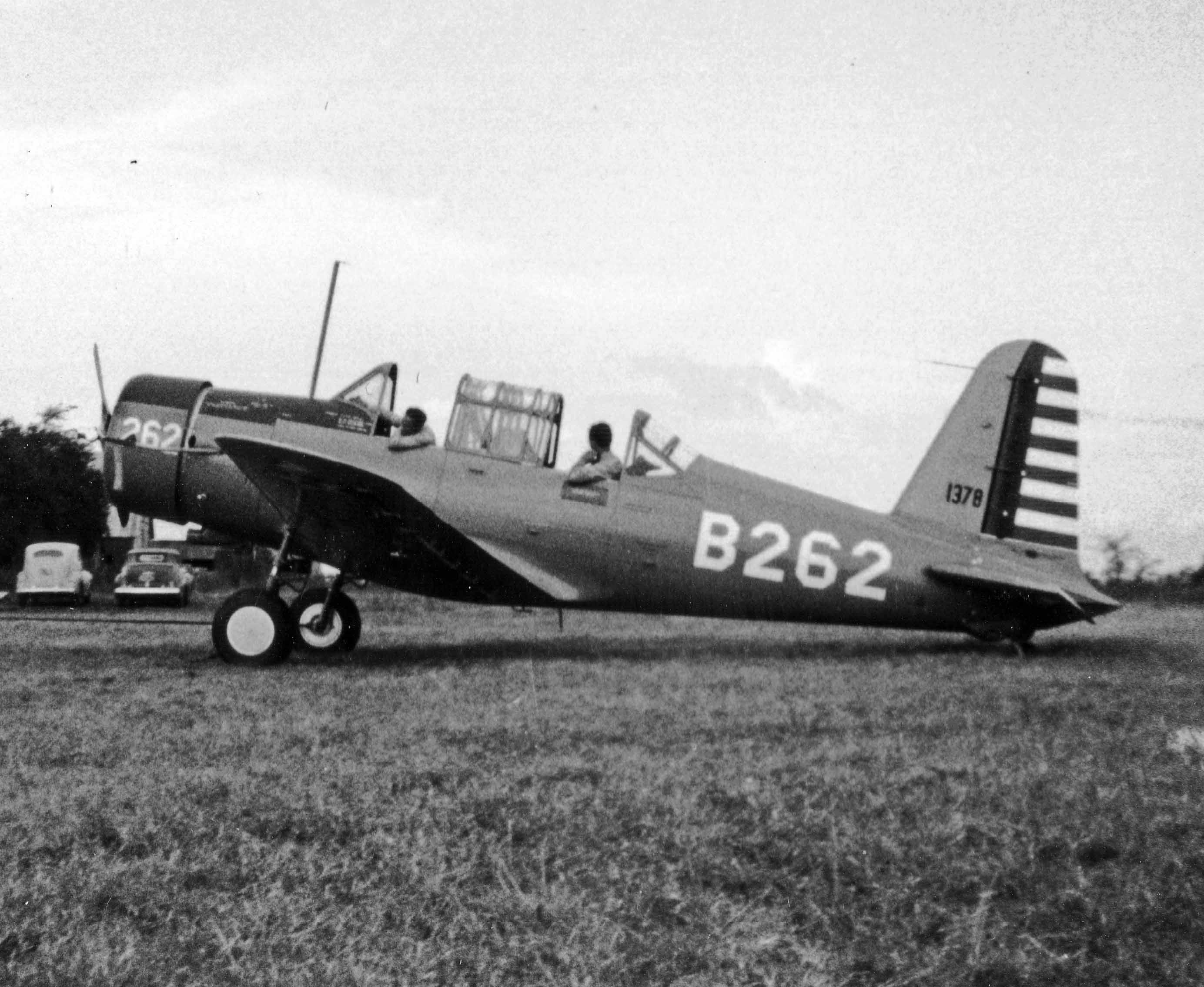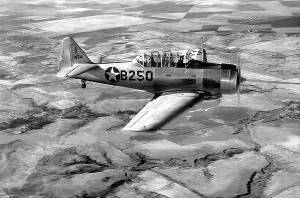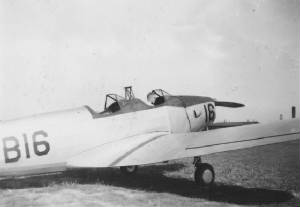|
|
HomeBasic Flying TrainingAdvanced Flying Training S-EAdvanced Flying Training 2-EBombardier-Navigator Flying TrainingTransition: S-ETransition: 2-ETransition: 4-EFlexible Gunnery SchoolsBritish Flying Training SchoolsAdvanced Glider TrainingMiscellaneous CodesMystery CodesAuxiliary AirfieldsTrainer SpecificationsApplicable LinksAcknowledgements and Sources
|
.
The British Flying Training Schools (BFTS) The
British FlyingTraining Schools represents the classic "All-Through School" as described on the Home page of this
site. The RAF cadets training at the referenced fields utilized the PT-17 or PT-19 for primary,
then the BT-13 for basic and finally the AT-6 for their flying qualification.Typically each BFTS location was provided
with forty each of the three types of aircraft. Starting in November 1942 the RAF began withdrawing the BT-13 Valiant
aircraft from basic flying training and cadets transitioned directly from primary to advanced. Coincidently, this updated
program replicates the identical training format standardized by the RAF in the UK (i.e. EFTS then SFTS). Given the RAF success
of this revised flying training plan both the USAAF and USN commenced an identical training format in 1943. Historical Notes of Interest
For further in depth reading on the subject of the BFTS flight training in the
US I have listed several key reference books as follows: Killebrew, Tom. "The Royal Air Force in American Skies", 443 pages,
ISBN 1-57441-615-2 Killebrew, Tom. "The Royal Air Force
in Texas", 182 pages, ISBN 1-57441-272-7 Largent, W. "RAF Wings
over Florida", 258 pages, ISBN 1-55753-203-6
BFTS No. 1 (Terrell, TX) Fuselage
Code: S, J, V, K(x), K(x,x) x=alpha letters A thru Z
Auxiliary Airfields: Griffin Field, Boykin Field, Tarver Field, Wills Point (CAA)
BFTS No. 2 ( War Eagle Field, Lancaster, CA) Fuselage Code: BL
Factoid: BFTS No. 2 originally began operations at Grand Central Airport, Glendale, CA. Auxiliary airfields: Liberty Field, Victory Field War Eagle Field: https://www.airfieldsfreeman.com/CA/Airfields_CA_PalmdaleN.htm#wareagle
BFTS No. 3 (Miami, OK) Fuselage Code: B, H, W, H(x,x) x=Alpha letters A thru Z
Auxiliary Fields: Unknown BFTS No. 4 (Mesa, AZ)
Fuselage Code: BP
Auxiliary Airfields: Mesa Field,
BFTS No. 5 (Clewiston, FL) Fuselage Code: A(x), B(x), C(x) x= alpha letters A thru Z
Auxiliary airfields: Belle Glade, Pahokee, Immokalee, La Belle, Okeechobee
BFTS No. 6 (Ponca City, OK) Fuselage Code: B
Auxiliary Airfields: Unknown
BFTS No. 7 (Sweetwater , TX) Fuselage Code: U and possibly BU
There was only one class ever at this field (Primary).
Auxiliary Airfields: Unknown
Further Notes on Other British Flight Training Programs in North America
BCATP (British Commonwealth Air Training Plan)
The BCATP was an immense training program for pilots and and aircrew from all the countries within the Commonwealth. This program was informally known as "The Plan". At the wars end a grand total of 131,000 flight personnel had been trained of which 49,800 were pilots. Below are some sources for futher reserach.
The Towers Scheme This program was established by the US Navy for the training of British Royal
Navy pilots for the Fleet Air Arm. According to the limilted research that is available primary training was performed at
NAS Gross Ile, MI and at NAS Corpus Christi, TX. Advanced training was completed at NAS Pensacola,FL where 2,775 were
awarded both USN and RN wings for their uniforms. The Arnold Plan This was an early plan where both USAAF and RAF cadets were trained
jointly at the Darr and Riddle schools in Florida. A grand total of 1313 RAF pilots graduated under the Arnold plan which
eventually evolved into the BCATP.
|
Enter supporting content here
